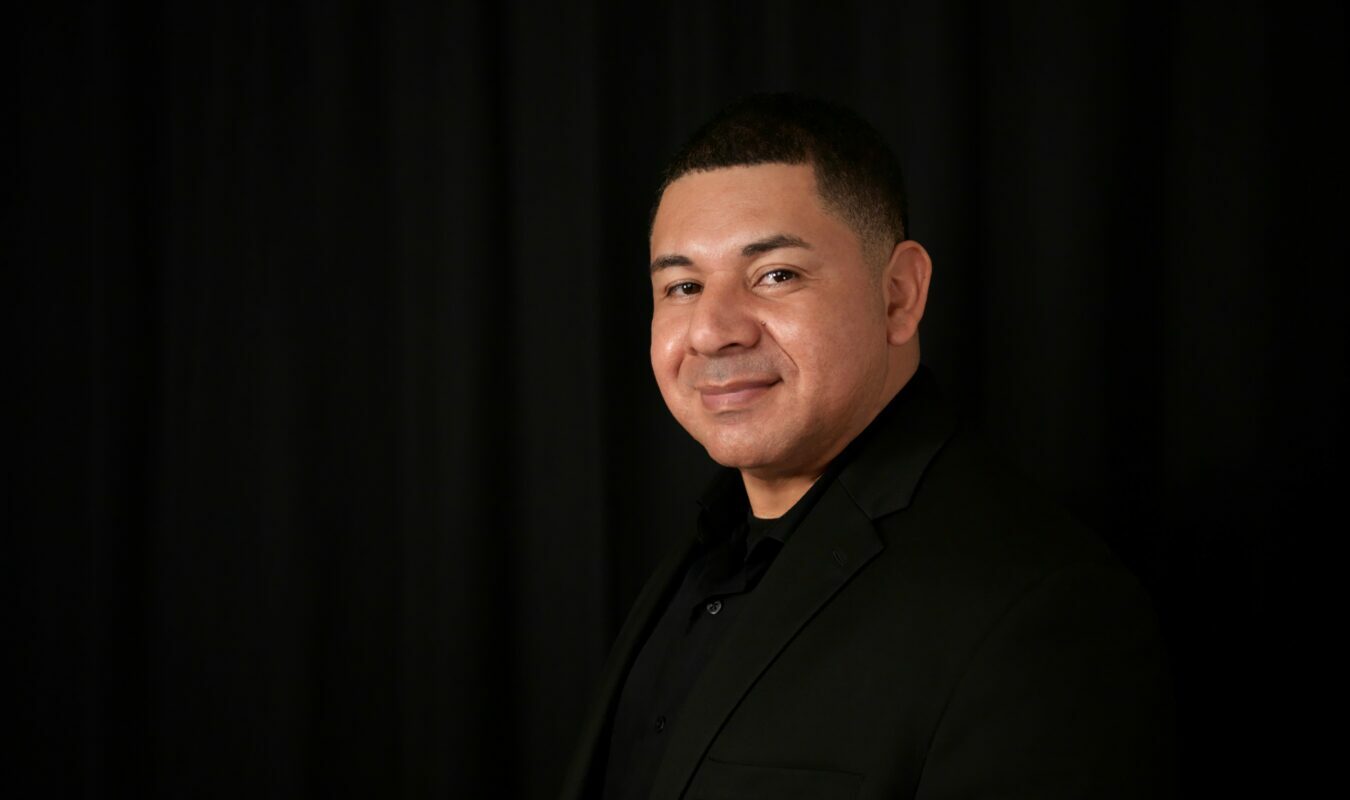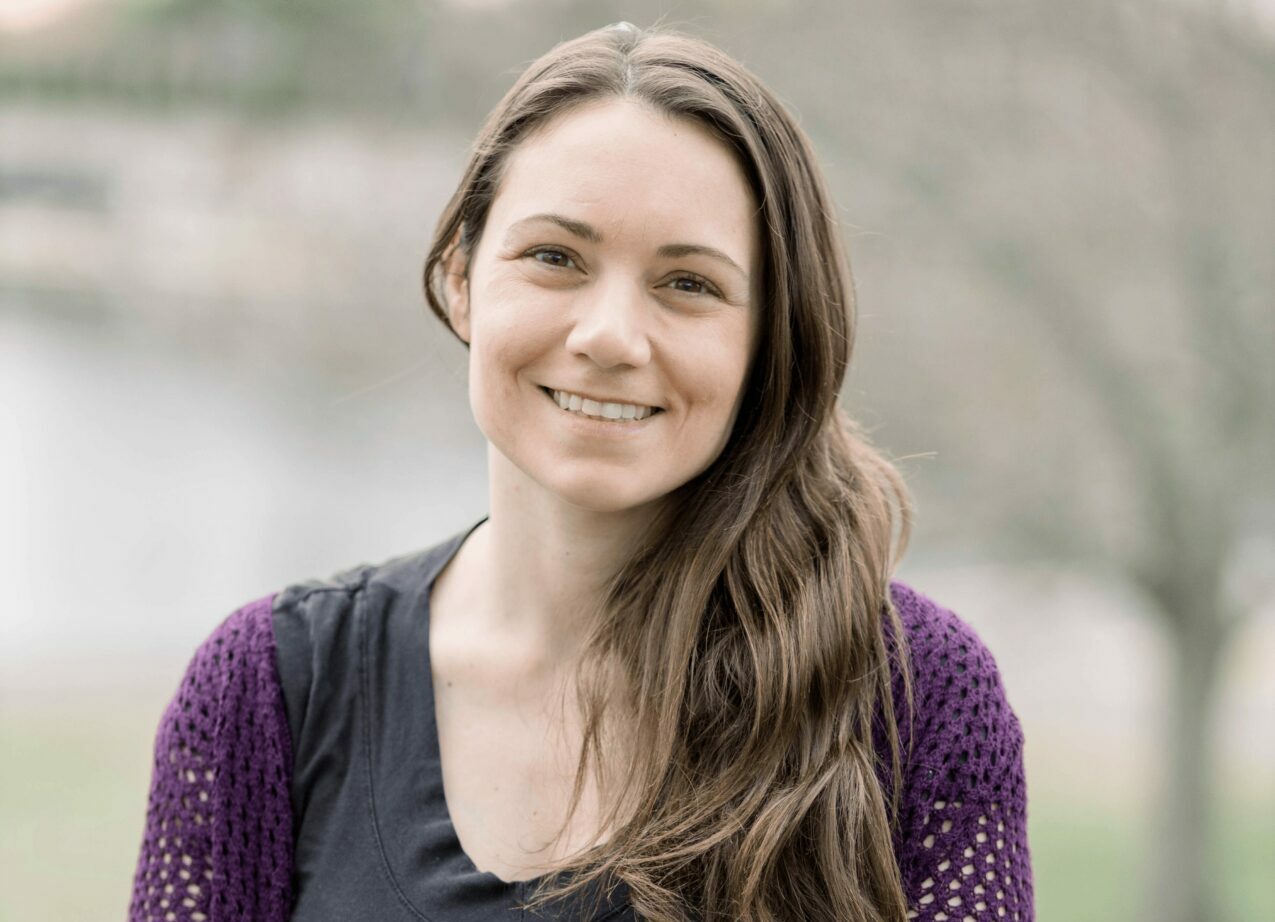We were lucky to catch up with Vickey Easa recently and have shared our conversation below.
Vickey, so great to have you with us and we want to jump right into a really important question. In recent years, it’s become so clear that we’re living through a time where so many folks are lacking self-confidence and self-esteem. So, we’d love to hear about your journey and how you developed your self-confidence and self-esteem.
I spent my life needing the approval of others, mostly those in authority. I always had to be the teacher’s pet and the boss’ favorite. Back in school, not only did I do all my work on time, but I would also volunteer to help my teachers in any way I could. Even as a therapist at a community agency, I tried to keep my charts as perfect as possible. Not only did this make my boss happier, the office staff voiced appreciation that they always knew they could count on my charts to be in order and have what was needed. This was very fulfilling for me. I did not understand my peers who didn’t have the same “urge” to please others. I found them so odd. While part of me clearly knew that not everyone felt this way, I did not know it was something I had any control over or could change. Nor did I feel any need to change it. Except, if someone else was the favorite, I would wonder what was wrong with me. This was painful and recurring. I always saw the ways I did not measure up to others. This could have been my motivation to change. I could have looked for other ways to view the world. I did not.
Then I learned the difference between Self Worth and Self Esteem.
Self-Worth is the belief in your inherent worth. It is the belief that you have worth, just because you were born. It is the belief that nothing you say or do throughout your life adds nor detracts from your worth. It is the belief that we all have the same worth because we are born. This belief stems from the inside. If we do not believe in inherent worth from the inside, then we end up getting our worth from outside sources instead. I like to call these outside sources the Easa Lens:
E (Esteem)
A (Achievements)
S (society – ie: other people)
A (Attributes and/or Assets)
With this lens in mind, you might recognize that I fell (sometimes still do fall) into “Society Based’ Esteem. More so, what you might notice from my examples above, is that I used (again, sometimes still do) my Achievements to get those in authority to like me.
Picture this question: what can I do (achieve) to make you (society-whomever you are) like me more?
How do I fight this pull towards the Outside Sources? Cheesy as it sounds, awareness really was the first step. I learned this Lens and I learned that my need for approval from others was, indeed, something I could change.
I now tell myself these affirmations on an almost daily basis:
*I have worth because I was born
*I am enough and I matter
*I am equal to all
*I am going to make mistakes and that’s okay
*I can hold myself gently in spite of my flaws and imperfections.
Some days I struggle to believe those sentences. I see those times as opportunities for learning, growth, and development. On those days, I lean into the parts of me that are struggling. I found that building compassion for those parts was essential. This took time. It took months for me to hear a voice that said “no, I don’t have worth because my dad didn’t love me.” Rather than trying to ignore that sentence or talk myself out of it (which I have found to be the common responses), I leaned in even more. Wow, how young could I have been when I first started to think that way? If I could picture myself at a young age, what would I say to her now? I might say something like “Oh, sweet girl, I’m sorry that Dad’s insecurities affected you like that. Those were his issues and of course you would feel like that.” This is emotional boundary work as well: learning how to stop absorbing other people’s issues and perspectives.
I view internal Self Worth as loving yourself with all of your strengths and weaknesses. The understanding that humans have both strengths and weaknesses and together they make up the whole Self.
I believe confidence is when we only acknowledge our strengths. Confidence does not address weakness at all. I think it’s great to have confidence, it just can’t be the whole focus for self-improvement.
Repetition is one way I build confidence. The first time I do something, almost anything, I’m not good at it. I can berate myself for this (“What is wrong with me?” or “I suck at this.”), or I can do it more frequently and notice my improvements. This could be physical activities (sports) or public speaking. People are born with innate gifts sometimes. Remember the Outside Source of Attributes? Some people are gifted public speakers, some people are good at sports, some people just “get” math or languages. In the areas that I am not innately good at, I practice, practice, practice, and my confidence grows. The key was to not give up on the first attempt, no matter how ugly that attempt was. My first time skiing was not a pretty sight. I got some lessons and kept asking the instructors for more and more feedback on how to improve. Each time I went down the slope, my confidence grew. It helped to tell myself “I can hold myself gently, in spite of my lack of knowledge and expertise.”
I must say, I don’t believe that my Confidence and Self Worth are currently “developed.” I see both as a journey that I will remain on throughout my life.
Thanks, so before we move on maybe you can share a bit more about yourself?
I’m a mental health therapist. I see individuals and couples. My couples sessions are 100min long. I love this extended period of time to really dig into the issues. I offer my individuals either 45min or 90min sessions. Not only do I love helping my clients address their Outside Sources of Self Esteem, I also enjoy digging into where these perspectives stem from in their childhood. I enjoy working with individuals who are motivated to work on their own stuff and not simply blame those around them. I have given a few presentations on Self Esteem & Boundaries and would love to do this more frequently.
I’m also creating a larger program for employee improvement for businesses. I firmly believe that self esteem and boundaries are affecting corporations financially due to staff turnover. My goal is to bring this concept into the corporate world.
If you had to pick three qualities that are most important to develop, which three would you say matter most?
I want to point out that I am still on my journey. I believe this journey is continuous and never-ending. While I have been a therapist for over 15 years, and was definitely on a path of growth the whole time, my growth exploded in the past three years. Part of this is due to compassion. I had no idea how important compassion was to healing. There’s actual research. on this and I have seen the evidence in my own life. I’ve always been someone who “gets the job done.” Tell me what to do and I’ll do it (see my answer above on pleasing authority figures). If I had a mental block about something, I would just stop altogether (and berate myself) or plow through, ignoring that black. Through compassion, I have learned how to lean into the block to see what it is really about subconsciously. This has been an amazing shift. I am also learning to allow for anger in both myself & those around me. Not violent anger, of course, but simply being annoyed by my husband at times. I learned growing up that if I got “too mad” at someone, they left. At least that’s how my childhood brain interpreted the situations. That created a subconscious fear of anger. I know some people spend their whole lives “stuffing their stuff.” I could have just stuffed my anger forever. I was really good at that. I’m someone who typical goes straight to sadness or hurt. On the surface, that has worked fine for me. Yet, I had no idea how much of my peace and happiness was being blocked along with my anger.
As I learn to just feel the anger, I allow myself to process through it. I learn what is really going on for me in that moment; I tune into the whole experience. I have found that most of the time, my anger passes in less than 20 minutes anyway (WAY less). Allowing for my husband to be angry at me has also been a game-changer for me. I finally trust, deep, deep down, that he’s not going to leave me just because he’s mad. (this was my stuff, btw, he’s done nothing to make me think he might leave). By my allowance of his anger, I am no longer trying to fix everything in the situation and wearing myself out. I literally have more energy and I am happier. As I said earlier, who knew that allowing for anger could lead to happiness. I certainly didn’t.
Lastly, I love to read. I really love to read fictional “fluff.” My go-go favorite fictional books have always been “Rom-Coms.” Lately I have been enjoying mystery as well.
Historically, when I have tried to read non-fiction, mostly books for work (therapeutic stuff), I would get bored, put it down, and not read again for months.
A couple of years ago, I began to read two books at a time. Typically, the non-fiction in the morning before I start my day, and the fiction at any other time that I can squeeze it in. This goes against everything I learned in childhood. While I don’t think anyone explicitly told me not to, I got the idea somewhere that we are simply “not allowed” to read more than one book at a time. My head would explode if someone else mentioned something like that. “You can’t do that!” “That’s not the right way to read!” Yet, it works for me. I pretty much always have a book next to me, ready to read whenever I have a free moment. It is also part of my goal to be off my phone.
My advice is to practice compassion. The harshness we place on ourselves to do more, do better, is not effective in the long run. Compassion is not about excusing yourself; it is about holding yourself gently in the face of mistakes. Not only has this been a struggle for me, it is a struggle for most of my clients as well. My other piece of advice is to get into therapy if you find that either compassion for yourself OR for others is hard for you. My clients typically struggle with one of those.
To close, maybe we can chat about your parents and what they did that was particularly impactful for you?
Well, by “parents,” it was really only my mom. My dad left us when I was 11 years old. He remained active in my life, I saw him twice a week, every week, until I left for college. Yet he no longer played a big “parental” role for me. The job of “parenting” fell solely on my mom. When I look back at all the ways she impacted me (and there are a myriad), education is jumping out at me. My education impacted every decision she made.
When we had to sell the family house, she would only look in the same school district, because it was one of the best in our area. This did cause a financial strain, and it remained her priority. There were three more moves in the next six years; all were within the same school district. While her goal was to own a home again, she could not afford to own in this school district. So she rented.
Houses, condos, apartments – all were way less expensive in neighboring cities and she just wouldn’t do it. Even though we could have had a nicer house, she placed my education as her highest priority. My step-sister is nine years younger than me. My mom talked frequently about how they (she and my step-dad) were going to move as soon as my step-sister graduated high school.
Other than keeping me in that great school district, she never said much about my education. She never really had to, I always got A’s and B’s. I worked hard for those grades. I am not someone that school came easily for. I envied the people in the gifted classes in elementary school. I was in Advance Placement classes in High School, and I was not in the top 10% of my class, even trying my hardest.
I got into Pepperdine, a pretty good school. Based on my grades and my mom’s finances, I received a pretty good financial aide package. I could not have attended Pepperdine without financial aid.
Had my mom valued a bigger house over my education, I don’t know that I would have ended up at the same college and graduate school. I don’t know if that might have changed the trajectory of my future.
I still place a high value on education; both my own and that of my children. My kids are in 5th and 6th grade. My husband and I are constantly thinking about their school (they’re at a local charter school) and wondering if we should make changes.
Myself, I am currently in an 18 Month program to improve as a therapist. I also have plans for what trainings I will do when this one is completed.
Education is such a key to a successful future. It is something that no one can take away from you. I am saddened by the communities in this country and the world where education is not valued the same way.
Contact Info:
- Website: www.unmessyourmind.com
- Instagram: https://www.instagram.com/unmessyourmind/
- Linkedin: https://www.linkedin.com/in/vickey-easa-4338a8132/
- Youtube: https://www.youtube.com/@yourdecisiondiva








